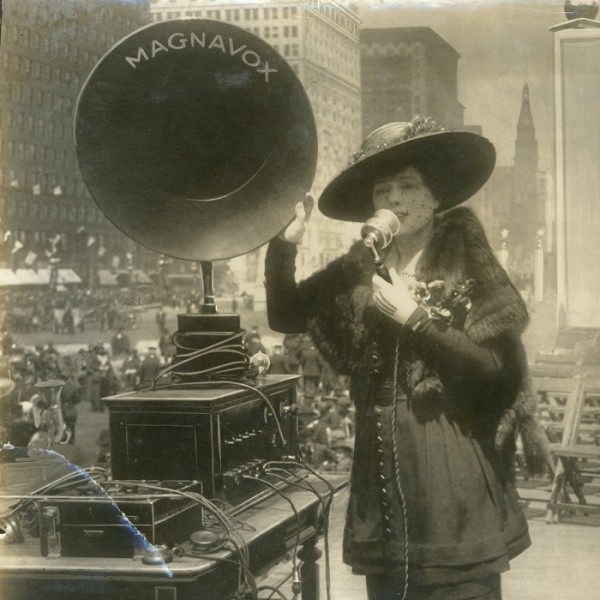
Sharing is Caring
Browse Categories
When You Should Talk Your Next Book Instead of Typing It by Tim Sanders
February 19, 2013
A book is the realization of an idea. It starts in the mind or the imagination of the author, and then makes it way to the reader through the process of writing. Over time, many tools have aided the author including memory, pen and paper, typewriters, word processors and recorders. Today, most of us use our word processing software and a computer to write. It's become our tool of choice, due to it's convenience, affordability and portability to capture inspiration as it happens.
For non-fiction authors, though, I'd suggest you consider making a recorder you tool of choice when it comes to writing. While many are proficient at typing the thoughts from their heads to hard drives, there are many who are not. My first book Love Is the Killer App was a set of recorded conversations between my writing partner Gene Stone and I over several months, transcribed into a working document. It became a finished book within nine months. I've met many other authors who have also used this method and are very happy with its ability to deliver quality of voice along with speed. You should consider talking your next book if:
- You Have Frequent Typer's Block: You sit in front of your computer with an idea in your head or an outline on your whiteboard. You type, review, whittle, delete, type, save and then the next day, can't really follow what you wrote. Likely, there's something in this tool that's inhibiting your full expression of the idea. Seth Godin says that few of us have talker's block. You can likely speak your ideas outloud without seeing them show up on the screen, demanding your editing or deletions. It's like opening a floodgate for your content to come out. (Note: You spend a lot of time describing your book to friends, who usually get excited about reading it and encourage you. What if you captured these thoughts instead for the purpose of writing it!)
- Your Typed Words Read Like Business Email: Because so many of us use our computers as our main email communication device, we tend to adopt a cryptic or mediciney style of writing from it. In my case, typed Tim was more "just the facts" and often lacked emotional content. When I'd read it later, I wouldn't see my voice on the screen. When I spoke the content in conversation or on stage giving a speech, my natural language seeped through, along with my sense of humor. If you've read a business or advice book, especially a long one, conveying a unique and personal voice is important to keeping the reader engaged to the last page.
- You Don't Have Enough Computer Time As You Are On-the-Go: You'd like to sit down for a few hours everyday, typing out your thoughts for your book, but you are never in one place long enough to do it. You can't possibly tap out your book on your mobile phone and carrying a keyboard around for your tablet is cumbersome. A personal recorder is small enough to fit in your pocket, and every smart phone offers a recording feature as an app. You can keep a running file of a stream of related ideas by pausing between sessions. Later, you'll be surprise at how many ideas you captured, and how many stories you've told.
- You Procrastinate Your Writing Sessions: This where having a writing partner or editor on tap for your recording sessions comes in handy. Much like having a personal trainer, your appointment to talk about your book gives you the motivation to stay on schedule. I also think it's a good idea to have a conversational partner because the interaction generates more detail and life from you. It's like the difference between talking to yourself versus talking to your partner. If you do this, however, make sure you are organized for each call and your partner has the outline or the script.
When I first started the talk-to-write approach, it was an expensive process. Transcription fees could run a few hundred dollars for an hour's worth of dictation and software solutions were not ready-for-prime-time. But today, it's easier and cheaper than ever. Consider crowd-powered services like Fox Transcribe, which offers quality transcription of your recordings for a dollar a minute. Dragon Dictation has greatly improved, although you'll either need to speak in punctuation code or plan on spending some time cleaning up your auto-transcriptions. Apple has bundled Siri's Speech To Text solution as of iOS5, which also works pretty well, but not necessarily for conversations.
In the end, you'll realize that time is money, and transcription may be just what you need to get your idea to the reader and kickstart the next phase of your career.

About Tim Sanders
Tim is a bestselling author and former Yahoo! executive with a mission to disrupt the traditional publishing and self-publishing industries and share knowledge with authors looking to publish and market high-quality books.
Follow @sanderssays